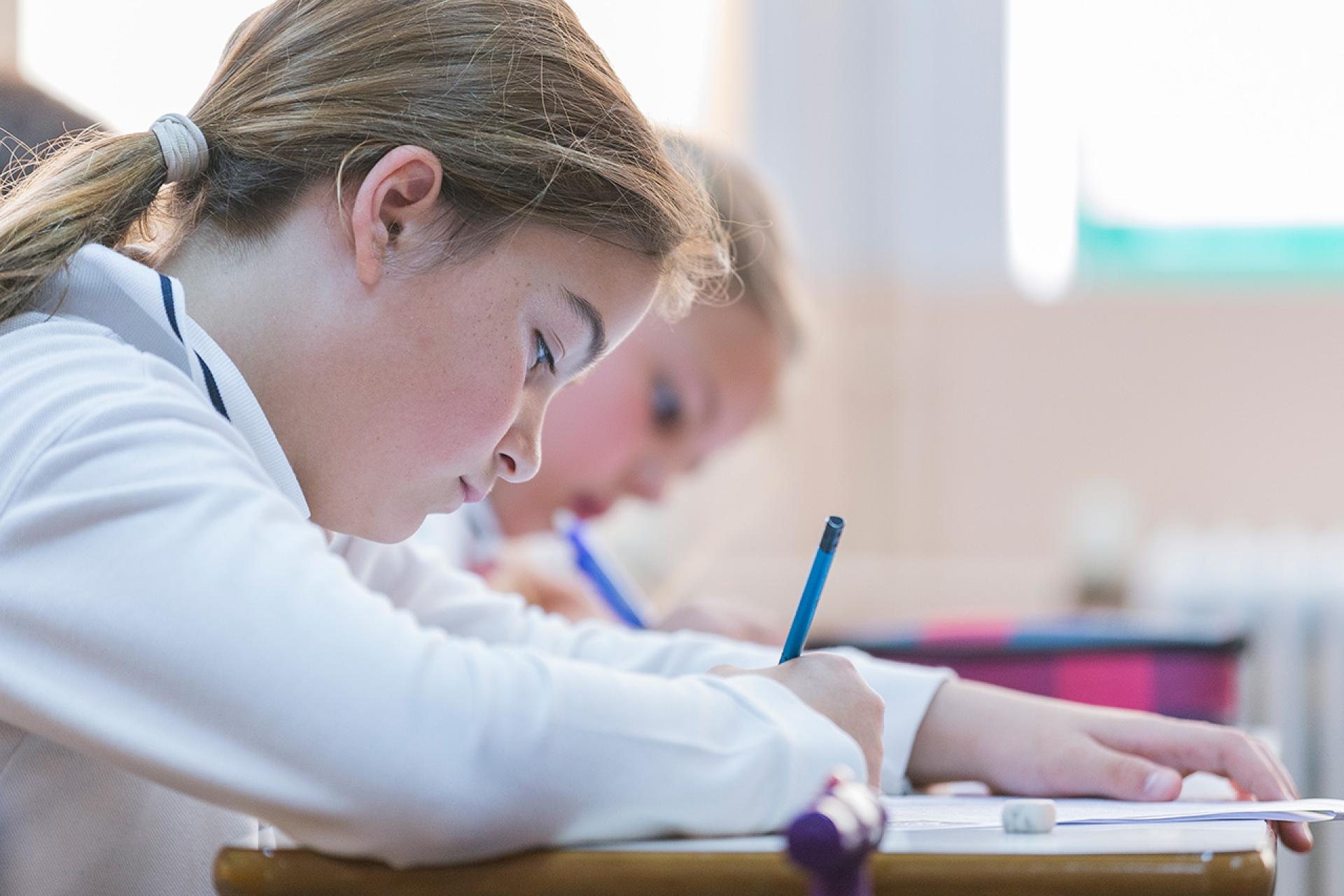Homework KS2
Rationale
opportunity for the development of self-reliance, self-discipline, self-confidence and responsibility for learning
also strengthens the link between home and school
quality of homework more important than quantity
complementing and reinforcing classroom learning
fostering good lifelong learning and study habit
Aims
to encourage parent/carer partnership in learning
to encourage dialogue between parents/school, school/pupils and pupils/parents
to revisit objectives taught in school
to enhance and support learning
to encourage good learning habits
to be interesting and enjoyable
What homework involves
a short amount of homework to complete
research for a project & topic work
reading, comprehension or grammar
a maths exercise or specific mental maths skills
spelling lists
Greek, French, Chinese, Spanish tasks
Role of the Class Teacher
to make it purposeful
to reward and praise children
to mark homework and give feedback
to provide an explanation for parents
to give an easy-to-follow routine
to take equal opportunities into account
Role of the Pupil
to discuss homework with parents/caregivers
to complete homework tasks within set time frames
to follow up on comments made by teachers
to seek assistance when difficulties arise
to organise their time to allow for homework
Role of Parents /Caregivers
to praise the child for their efforts
to help their child develop a approach with talk and positive discussions
to ensure there is a balance between homework and recreational activities
to communicate with teachers about concerns
to check the homework diary each day
to discuss homework with the child
to provide a homework area without
to use methods suggested by the teacher to assist
to check the child’s efforts to learn basics such as times tables
to encourage reading for pleasure
How long should be spent on homework?
through KS2 time spent on homework will gradually increase
years 3 and 4: up to 30 minutes daily
years 5 and 6 homework will increase to 45 minutes, apart from time spent reading for pleasure
language teachers may assign homework once a week
these time estimations are only guidelines
Assessment in KS2
Summative assessment is commonly referred to as assessment of learning, in which the focus is on determining what the student has learned at the end of a unit of instruction or at the end of a grade level. Summative assessment helps determine to what extent the instructional and learning goals have been met.
What summative assessment is done in KS2?
Weekly reviews in Years 3 & 4 each Friday morning progressing to weekly tests in Years 5 & 6
Spelling lists
Mental maths skills
Regular English comprehension and grammar
Regular maths
Science unit tests according to each year’s Cambridge curriculum requirements
Year 3: plants, life processes, classification of animals & plants, material properties, forces & motion, scientific enquiry
Year 4: the human body, animals in their environment, states of matter, sound, electricity & magnetism, scientific enquiry
Year 5: plants, changes in states of matter, light, the earth & beyond, scientific enquiry
Year 6: the human body, animals in their environment & feeding relationships, the environment, material changes of state, forces & motion, electricity & magnetism, scientific enquiry
Language attainment tests
End of year tests of attainment in foreign languages: Chinese, French, Greek, Spanish
Regular unit/topic tests throughout the year
Cambridge Progression Tests
In term 3 in Year 6, official tests from Cambridge are sat in the 3 core subjects: English, maths & Science.
What formative assessment is done in KS2?
Formative assessment is commonly referred to as assessment for learning, in which the focus is on monitoring student response to and progress with instruction. Formative assessment provides immediate feedback to both the teacher and student regarding the learning process.
The most common procedures of formative assessment include the following.
Feedback. A teacher provides oral or written feedback to student discussion or work. For example, a teacher responds orally to a question asked in class; provides a written comment in a response or reflective journal; or provides feedback on student work.
Observation. A teacher observes and records a student's level of engagement, academic and/or affective behaviour; develops a plan of action to support that student; implements the plan; and continues to record observations to determine its effectiveness.
Portfolios. A growth portfolio can be used to create a record of student growth in a number of areas. For example, a teacher may use writing portfolios to collect evidence of a student's progress in developing writing skills.




